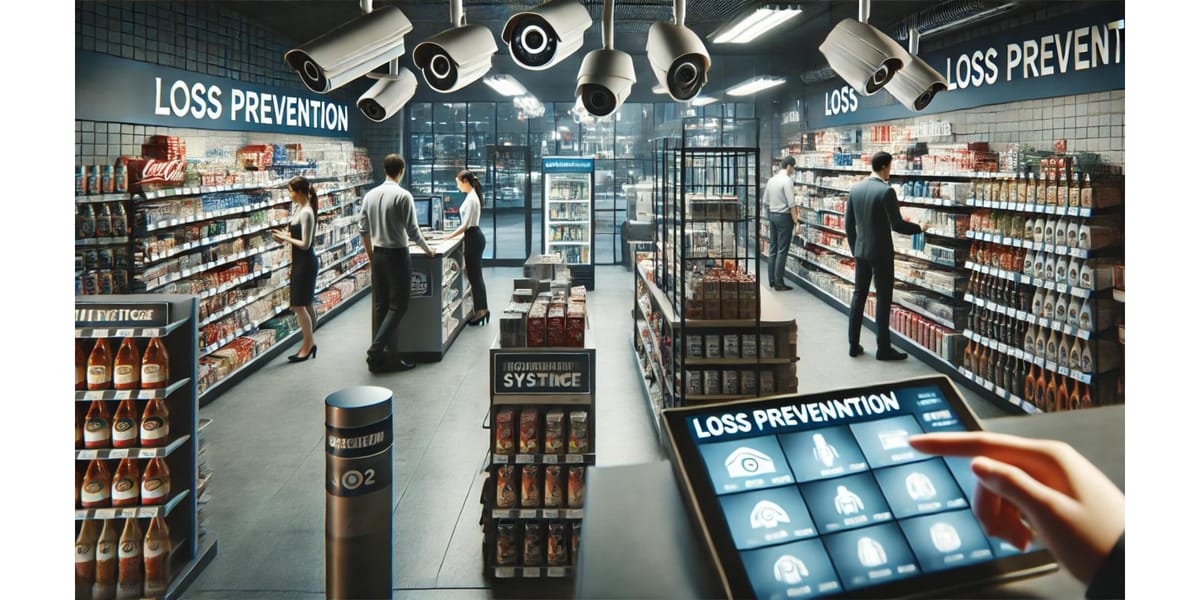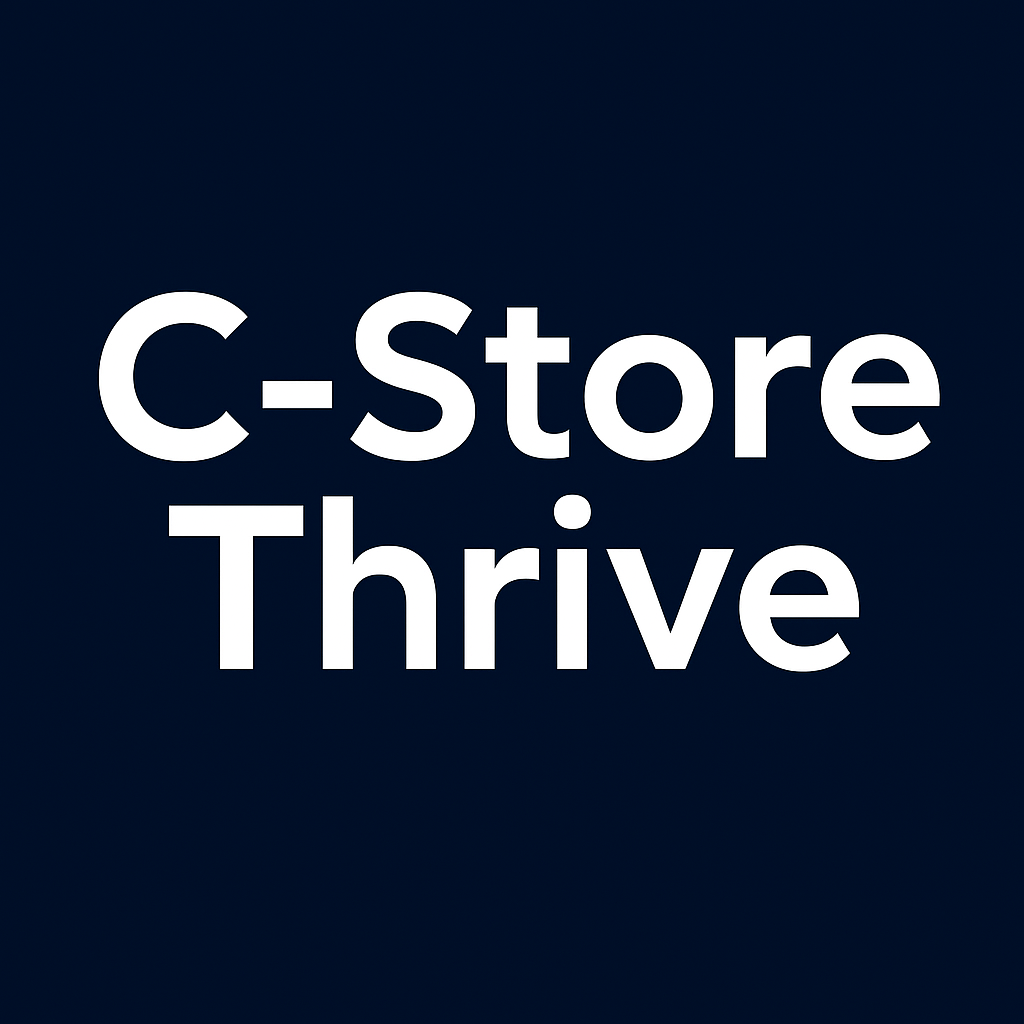Decoding Loss Prevention Certifications: Your Roadmap to Career Advancement
Loss prevention certifications not only equip you with specialized knowledge but also open doors to exciting career paths. Let's explore the diverse landscape of loss prevention certifications and how they can propel your professional journey forward.

In the world of retail, safeguarding assets and minimizing losses is a top priority. For ambitious convenience store employees seeking to elevate their careers, delving into the realm of loss prevention certifications can be a game-changer. These certifications not only equip you with specialized knowledge but also create opportunities for exciting career paths. Let's explore the diverse landscape of loss prevention certifications and how they can propel your professional journey forward.
1. Loss Prevention Certified (LPC)
Considered a foundational certification, the LPC program offered by the Loss Prevention Foundation (LPF) covers a wide range of topics, from retail security and investigations to risk management and auditing. It provides a comprehensive overview of loss prevention principles and practices, making it a great starting point for those new to the field.
2. Loss Prevention Qualified (LPQ)
Building upon the LPC, the LPQ certification delves deeper into specific areas of loss prevention. You can choose from various specializations like retail crime, organized retail crime, or supply chain security. This allows you to tailor your expertise to your career goals and interests.
3. Certified Forensic Interviewer (CFI) and Certified Fraud Examiner (CFE)
For those with a passion for investigations, the CFI and CFE certifications offer specialized training in interviewing techniques and fraud examination. CFIs are skilled at eliciting truthful information from witnesses and suspects, while CFEs specialize in detecting and preventing fraudulent activities.
4. Physical Security Professional (PSP) and Certified Protection Professional (CPP)
These certifications focus on the physical security aspects of loss prevention. PSPs are experts in designing and implementing security systems, while CPPs have a broader understanding of security management, including risk assessment and emergency preparedness.
5. Certified Retail Loss Prevention Analyst (CRLPA)
Data analysis is essential in today's loss prevention. The CRLPA certification equips you with the skills to analyze sales data, inventory reports, and other information to identify trends, pinpoint vulnerabilities, and develop effective loss prevention strategies.
6. Certified Security Management Professional (CSMP)
If your aspirations extend to leadership roles, the CSMP certification prepares you to manage security programs and teams. You'll learn about budgeting, policy development, incident response, and other essential aspects of security management.
7. Certified in Homeland Security (CHS)
For those interested in a broader scope, the CHS certification covers various aspects of homeland security, including risk management, threat assessment, and emergency planning. While not exclusively focused on retail, this certification can be valuable for those working in high-risk environments or seeking a career in government or law enforcement.
Choosing the right certification depends on your career goals, interests, and experience level. Research different programs, compare their curriculum and requirements, and consider which certification best aligns with your desired career path.
Remember, certification is just one step on your professional journey. Ongoing learning, keeping up with industry trends, and networking with other professionals are essential for career growth. By investing in your development, you'll not only improve your skills but also create exciting opportunities in the dynamic field of loss prevention.





